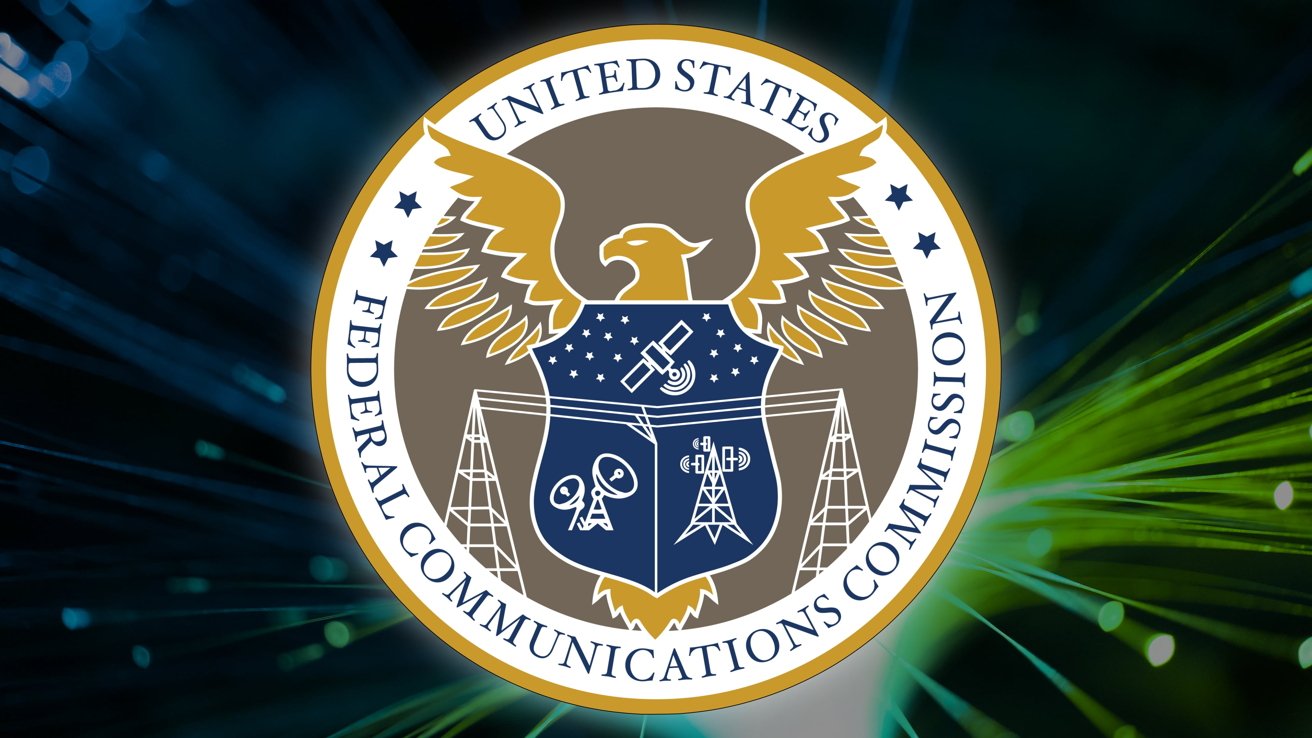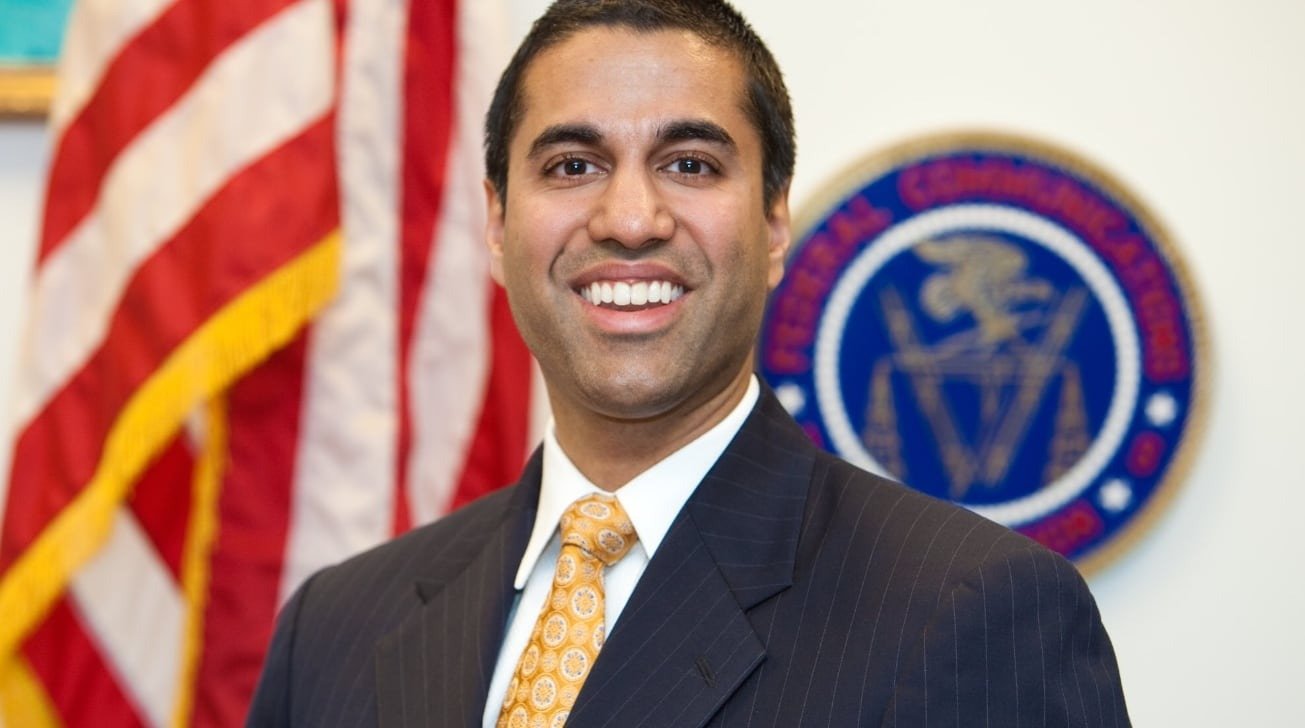FCC will probably restore Net Neutrality on April 25
The Federal Communications Commission will be holding a new vote on April 25 that will likely reinstate net neutrality, bringing back protections affecting broadband internet usage in the United States.

FCC seal
Net Neutrality is the principle that internet providers should handle web traffic equally regardless of what kind of applications or sources were being used. After rules to enforce net neutrality were introduced in 2015 then repealed in 2017, the FCC is now on the verge of reinstating them once again.
The FCC said on Tuesday that the April 25 meeting of commissioners will vote on the final form of the net neutrality rules, reports Reuters. It already voted in October over the proposal to bring back the rules, with the result being 3-2 in favor.
"The pandemic made clear that broadband is an essential service, that every one of us - no matter who we are or where we live - needs it to have a fair shot at success in the digital age," said FCC Chair Jessica Rosenworcel as she confirmed the vote was on the way.
In this instance, the FCC isn't planning to make any changes to what it had previously agreed on before the rules were pulled.
Rosenworcel explained "An essential service requires oversight, and in this case we are just putting back in place the rules that have already been court-approved that ensures that broadband access is fast, open, and fair."
Net Neutrality: The Fight So Far
As part of the Obama administration's tenure and under the control of FCC chairman Tom Wheeler, the FCC voted in 2015 to introduce net neutrality rules, regulating internet services as "common carriers" under the Communications Act.
The rules prevented the creation of so-called "Internet fast lanes," a concept where service providers would pay carriers for priority access to bandwidth while effectively throttling bandwidth for rivals.
However, under the administration of former president Donald Trump, installed FCC chair Ajit Pai led proposals to rescind those same protections, freeing internet providers to block, throttle, and prioritize traffic.

Former FCC Chair Ajit Pai, who ushered in the repeal of net neutrality rules
Despite protests and urging by Apple and others to retain net neutrality, the Pai-managed FCC voted in December 2017 to remove the rules. The "Restoring Internet Freedom" order came into force on June 11, removing net neutrality protections.
From that point, there have been attempts to intervene and restore net neutrality, including Senate votes and a law in California that faced legal pressure. The "Save the Internet" bill of 2019 also tried to reinstate the regulations.
Following a net neutrality lawsuit from Mozilla that the FCC won, the commission was legally required to ask for comments from the public over the net neutrality repeal.
However, with the FCC still chaired by Ajit Pai and with the Trump Administration in charge, the request for commentary was just a legal formality. Comments were requested, but were practically ignored by the FCC at the time.
Despite being in power since the end of 2020, the Biden administration wasn't able to reinstitute Net Neutrality for first three years, until it came under majority Democrat control in October. At that point, it had the opportunity to introduce a new vote on the matter.
Read on AppleInsider

Comments
Consumers loved it when it was MLB or Spotify, but it hurt competition. Who would subscribe to "Joe's music service" when it counted against your data caps compared to Spotify?
This has largely gone away on the consumer side now that we are basically back to unlimited mobile data, but regardless I'm glad to see the playing field level again.
Now Comcast can't overcharge Netflix to transmit their shows as opposed to peacock.
Interesting that they would use the pandemic as an example of why we need net neutrality. It was a time without the law and everyone's internet was just fine.
Waiting for an answer… anyone?
Why do we want more government regulation, control and censorship? The rule says “just and reasonable” controls. By whose definition is just and reasonable?
https://www.spiceworks.com/tech/tech-general/articles/what-is-net-neutrality/amp/
The problem is nobody thinks about the "what if's" on the government/regulatory side. Sure, the current majority leadership of the FCC (who are appointed, by the way, not elected, and therefore face no ramifications for their actions from the people/entities within their stewardship--just a bunch of attaboys and pats on the back from the people who are in power) have signaled that they will cherry-pick only "relevant" rules from old Title II 1900's-era (AT&T days) regulation. But what if a future administration decides to implement more of the existing (old) rules? Or come up with another loophole to add more?
Or worse: what if the government "Net-Neutralizes" one or more ISPs out of existence for not toeing the line when it comes to the ISP standing up for free speech or other constitutional issues, or trying to exercise its own rights? The same administration that wants to "Neutral-ize" the Internet has used all kinds of means to try to keep Elon Musk from buying/holding onto Twitter, coerced all the social media platforms to manipulate speech during the pandemic, and they're questioning Apple's "monopolistic stronghold" on their own smaller fraction of the market.
Congress has given so much rule-making power away to the Executive branch's agencies for so long that, before Congress can do anything to solve the problem (do they do that nowadays?), the damage is done.
We should all be very wary of any government entity offering to step in and take more power (i.e. create more regulation) in the interest of the common good, especially based on "what if" scenarios that the free market itself can (and often does) correct.
Many VPNs advertise this exact thing as a workaround - if the traffic is encrypted, then the ISP can't detect it to throttle/block.
Many states (around 18) also passed their own laws after the federal ones were removed.
Just because you are ignorant of actual issues, doesn't mean it isn't happening.